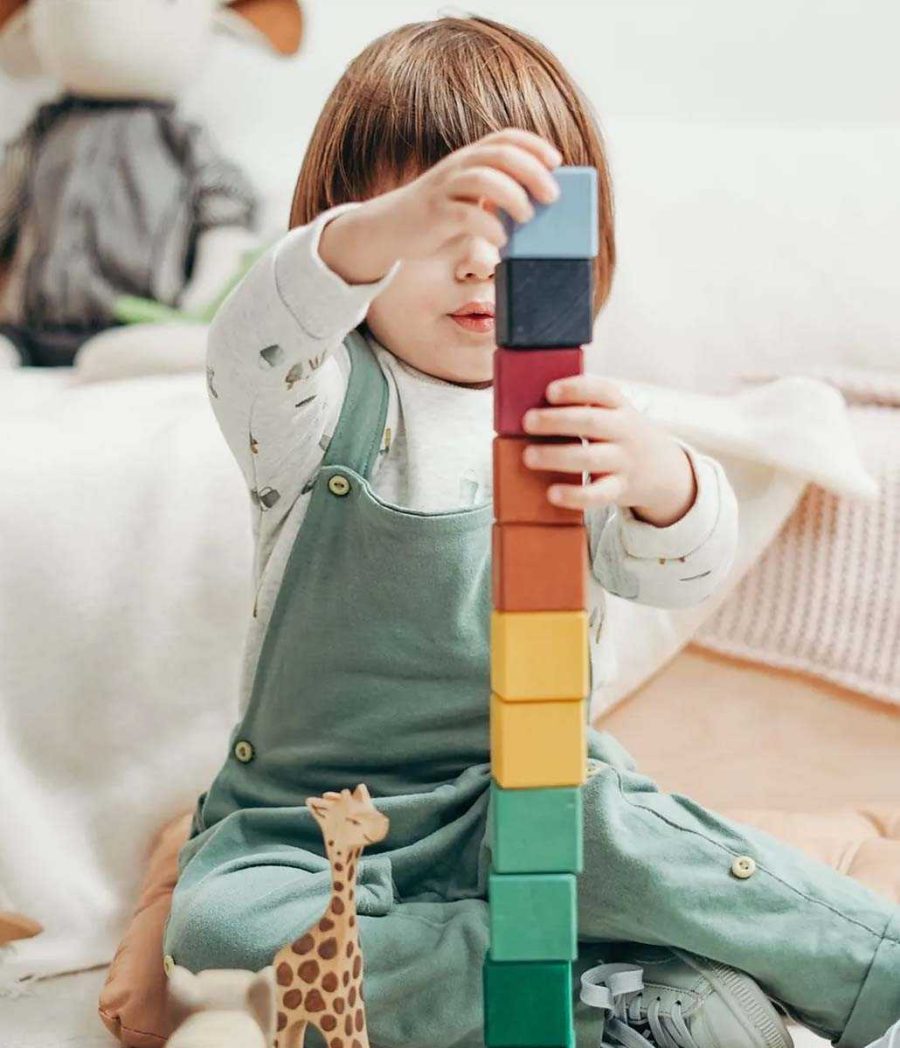Children’s involvement in the family law process
There are varying opinions as to what extent children should have their say in resolving parenting arrangements post separation. For some this might seem nonsensical given that the children themselves are the ones who will be most profoundly affected by the decisions being made. However, it has often been argued that children should not have to be exposed to parental conflict nor should they be put in the middle and forced to choose sides.
In recognition of the child/ren’s right to have their voice heard there are certain provisions of the Family Law Act that enable the child/ren’s views to be sought at varying stages in the proceedings.
The Independent Children’s Lawyer (ICL)
The court is given the power to appoint an Independent Children’s Lawyer (ICL) under section 68L of the Family Law Act.
The ICL is appointed for the sole purpose of representing the best interests of the child. Once appointed, the ICL will often arrange a meeting with the child/ren who are subject to the proceedings. During this meeting there will be an opportunity for children to have their say and express their wishes should they choose to do so.
In addition to speaking with the children directly, the ICL will often:
- speak with the children’s school teacher’s and principals and obtain copies of that child/ren’s school reports;
- obtain information held by Department for Family and Community Services and police insofar as it relates to the child/ren; and
- obtain copies of the child/ren’s medical, psychiatric and psychological records of the children and their parents.

